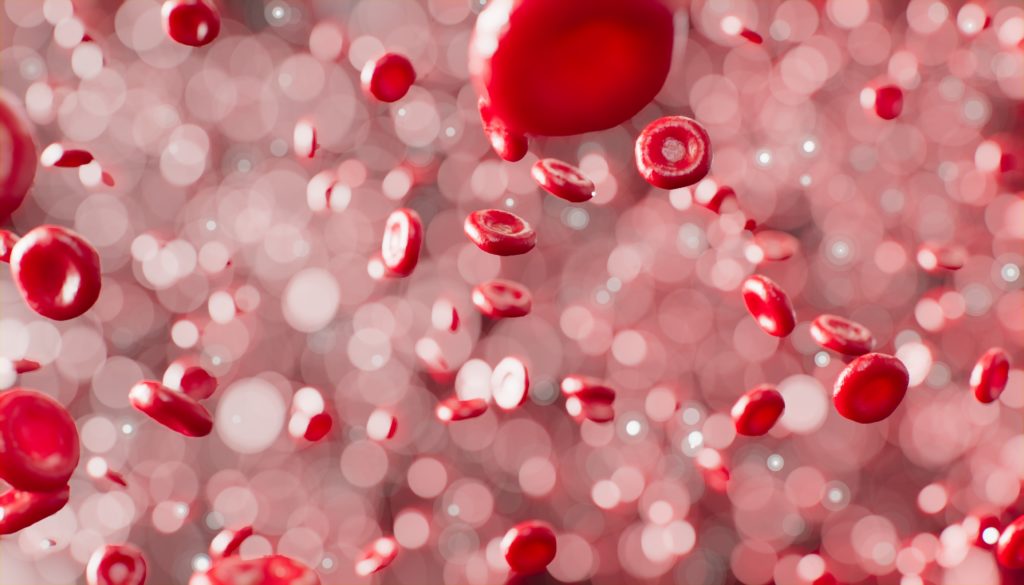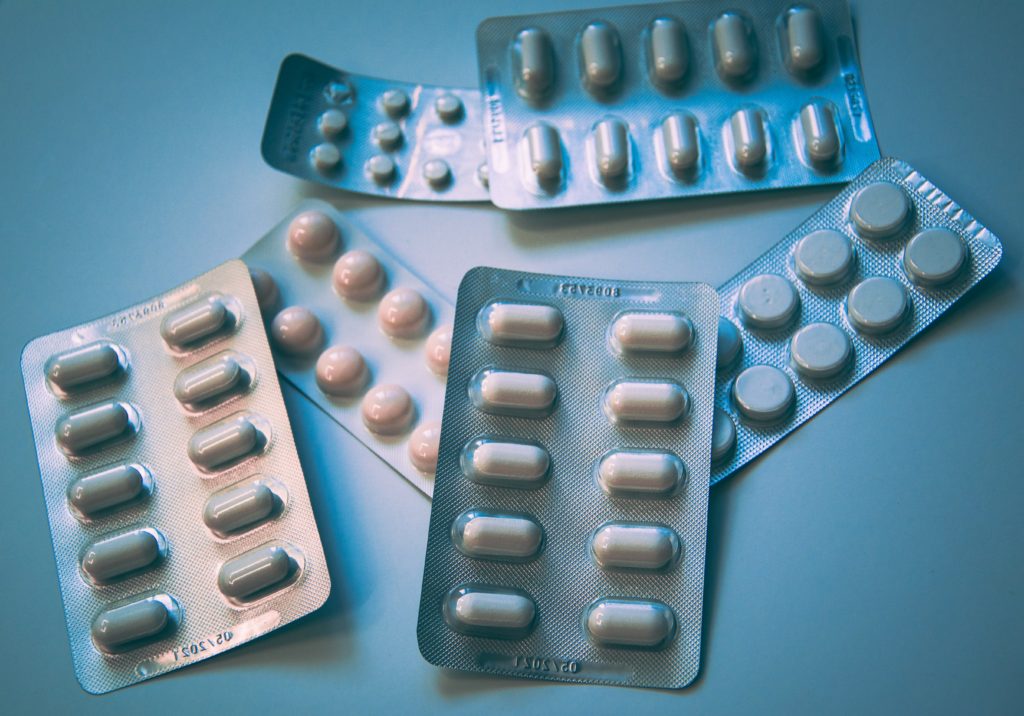Epididymitis is a disorder that affects the epididymis, which is a coiled tube located below the testicles. The epididymis stores and carries sperm. Epididymitis can be caused by a number of things, including bacterial infection, sexually transmitted infections, injury, or obstruction. In this article, we will discuss 10 symptoms and treatments for epididymitis!
What Is Epididymitis?
Epididymitis is a condition that results when the epididymis becomes inflamed. The epididymis is a coiled tube located below the testicles that stores and transports sperm. Epididymitis can be caused by infection, injury, or obstruction.
Types Of Epididymitis
There are two types of epididymitis:
- Acute Epididymitis: This type of epididymitis comes on suddenly and is usually caused by a bacterial infection.
- Chronic Epididymitis: This type of epididymitis develops slowly and can be caused by an infection, injury, or obstruction.

Symptoms Of Epididymitis
The symptoms of epididymitis may vary depending on the cause, but they typically include:
- Inflammation of the Scrotum
- Testicle Pain and Tenderness
- Painful or Frequent Urination
- Discharge from the Penis
- Fever, Chills, or Body Aches
Inflammation Of The Scrotum
The scrotum is the sac of skin that houses the testicles. When the epididymis becomes inflamed, it can cause the scrotum to become inflamed as well. The inflammation of the scrotum may cause it to feel warm to the touch and look red or purple and cause severe pain.
Severe Testicle Pain And Tenderness
Pain and tenderness in one or both testicles are common symptoms of epididymitis. The pain may radiate from the testicle into the groin or lower abdomen.
Painful Or Frequent Urination
Epididymitis can cause urinary symptoms such as frequency, urgency, hesitancy, dysuria, and suprapubic pain (pain above the pubic bone).
Discharge From The Penis
Epididymitis can also cause a discharge from the penis. The discharge may be pus-like or watery and can vary in color from clear to white, yellow, or green.
Fever, Chills, Or Body Aches
Fever, chills, and body aches are also common symptoms of epididymitis. These symptoms may be caused by the underlying infection.
Treatment For Epididymitis
The treatment for epididymitis will vary depending on the underlying cause. However, some general treatments include:
- Antibiotics
- Pain Medication
- At-Home Remedies
- Drainage
- Surgery

Antibiotic Treatment
If epididymitis is caused by an infection, treatment will typically involve antibiotics. The type of antibiotic and the length of treatment will depend on the specific bacteria causing the infection.
Pain Medicines
Epididymitis can be a painful condition. Over-the-counter pain medications such as ibuprofen or acetaminophen can help to relieve pain and inflammation. Your doctor may also prescribe stronger pain medication if necessary.
At-Home Remedies
There are also some at-home remedies that may help to ease the symptoms of epididymitis. These include:
- Wearing loose-fitting underwear or clothing
- Applying a warm compress to the affected area
- Resting and avoiding activities that aggravate the symptoms
Wearing loose-fitting underwear or clothing can help to reduce irritation and inflammation. Applying a warm compress to the affected area can also help to ease pain and inflammation. Resting and avoiding activities that aggravate the symptoms, such as biking or sexual activity, can also be helpful.
Drainage
If epididymitis is caused by an infection, your doctor may recommend drainage of the infected fluid. This can be done through a needle or catheter placed in the scrotum. Surgery may also be necessary to drain an abscess (a collection of pus).
Surgery
In some cases, surgery may be necessary to treat epididymitis. Surgery is typically only recommended if other treatments have failed or if the underlying cause is an obstruction. Surgery to remove the obstruction can be done through a variety of methods, depending on the specific situation.
Epididymitis is a condition that can be painful and uncomfortable. However, there are treatments available that can help to ease the symptoms and improve the condition. If you think you may have epididymitis, it is important to see your doctor so that they can properly diagnose and treat the condition.

Causes Of Epididymitis
There are a number of different causes of epididymitis. The most common cause is an infection, such as a sexually transmitted infection (STI) or a urinary tract infection (UTI). Other potential causes include:
- Obstruction Injury
- Immune system disorders
- Cancer
Epididymitis can be caused by a number of different factors. The most common cause is an infection, such as a sexually transmitted infection or a urinary tract infection. Other potential causes include obstruction, injury, immune system disorders, and cancer. Treatment for epididymitis will vary depending on the underlying cause. However, some general treatments include antibiotics, pain medication, at-home remedies, drainage, and surgery. If you think you may have epididymitis, it is important to see your doctor so that they can properly diagnose and treat the condition.
Possible Complications Of Epididymitis
If left untreated, epididymitis can lead to a number of complications. These may include:
- Abscess
- Fertility problems
- Chronic pain
- Scarring
If left untreated, epididymitis can lead to a number of complications. These may include abscess, fertility problems, chronic pain, and scarring. If you think you may have epididymitis, it is important to see your doctor so that they can properly diagnose and treat the condition. Early treatment is often the key to preventing these complications.
Differential Diagnosis Of Epididymitis
A number of other conditions can cause symptoms similar to those of epididymitis. These include:
- Orchitis (inflammation of the testicle)
- Prostatitis (inflammation of the prostate gland)
- Testicular cancer
- Testicular torsion (twisted testicle)
A number of other conditions can cause symptoms similar to those of epididymitis. These include orchitis, prostatitis (enlarged or tender prostate), testicular cancer, urinary tract infections, and testicular torsion. If you think you may have epididymitis, it is important to see your doctor so that they can properly diagnose and treat the condition. Differential diagnosis is often necessary to rule out these other potential causes.
Final Words On Epididymitis
Epididymitis is a condition that can be painful and uncomfortable. However, there are treatments available that can help to ease the symptoms and improve the condition. If you think you may have epididymitis, it is important to see your doctor so that they can properly diagnose and treat the condition. Early treatment is often the key to preventing complications from developing.
Articles You Might Enjoy Reading



